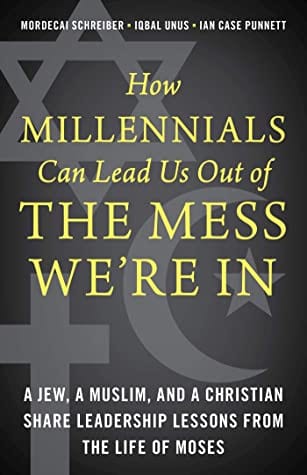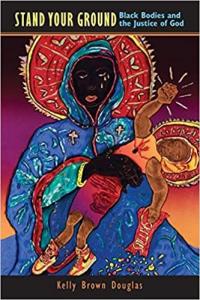In a few minutes, I will join others here at United Theological Seminary of the Twin Cities in celebrating the 35th anniversary of the life, death, and witness of Oscar Romero, a bishop in the Catholic Church of El Salvador who was assassinated while officiating Mass. Romero once famously declared that “if they kill me, I will be resurrected in the Salvadorian people.” In honor of this occasion, I will post below a small selection from an essay by Jon Sobrino, a liberation theologian who was a friend and colleague of Bishop Romero. The essay, called “A Theologian’s View of Oscar Romero,” can be found in Sobrino’s book Archbishop Romero: Reflections and Memories. Would that we could all glean a little bit from Romero’s example, and be a bit more courageous, a bit more wise, a bit more self-sacrificing, and a bit more like Jesus.
Romero believed in the God of the kingdom today in El Salvador just as Jesus had proclaimed it in his own day: a just society for all men and women, and especially for the poor. He also
believed that this new society for which battle had to be joined ought to be a society of new men and women, of men and women of the kingdom. He therefore never lost sight of the moral and spiritual dimensions of the people. He encouraged the view that even in conflict and battle there could be true human values—those of solidarity, generosity, clarity of vision; values, in a word, that Jesus proclaimed in the Sermon on the Mount. And even in just struggle he was critical, as a pastor, of all that might dehumanize human nature.
He was not guided in any way by political calculations, much less by thought of the popularity—or the notoriety—to which his preaching about the values of the kingdom gave rise. He was guided by an unshakable faith in a God who wills a new kind of society and a new kind of human person. Even though the attainment of such a society may have been a lost cause, he time and again urged purity of heart, magnanimity, dialogue, and an open-ness to one’s own conversion.











